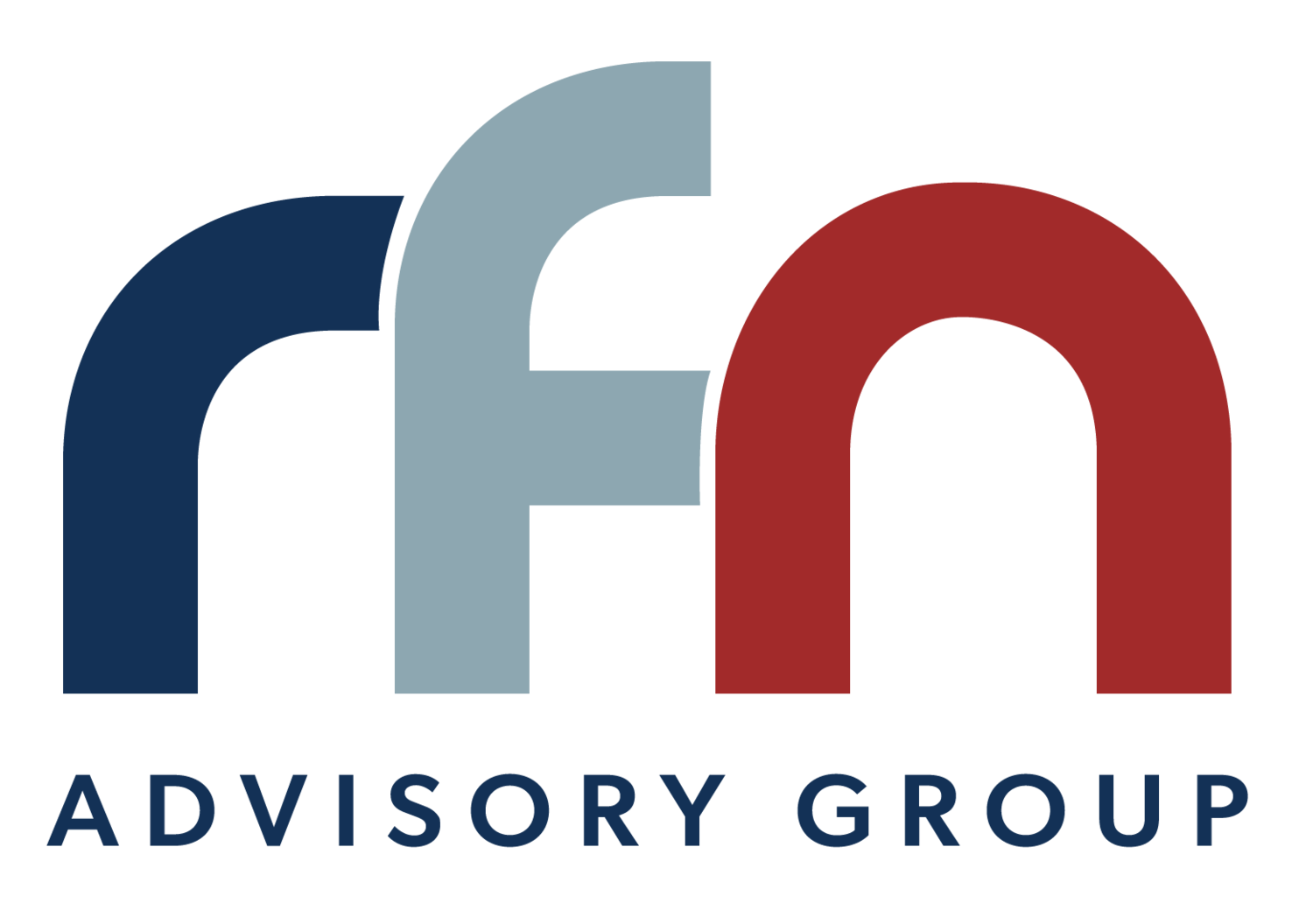
smart ideas
WE NEVER WASTE A SMART IDEA
RFN Advisory Group’s smart ideas page brings together original and curated content from innovators and thought-leaders in value acceleration and transition-readiness, as well as other related areas.
How do I manage unproductive family members who are in the business?
In a family business where siblings are partners, managing potential conflicts requires careful attention to five key areas: defined roles, expectations, evaluation, and competencies. Family dynamics can complicate working relationships, so it's essential to approach potential issues with emotional discipline, respect and a willingness to understand each other's perspectives. Fair compensation based on market rates and objective performance, separate from ownership distributions, helps maintain professionalism and company culture. Ultimately, open, non-judgmental communication and a focus on aligning skills with responsibilities can help family business partners navigate challenges and potentially strengthen their relationship.
From Awareness to Action: Workplace Inclusivity Through Generational Differences
Creating an inclusive workplace is essential. Understanding generational differences plays a crucial role in achieving this goal. Each generation, from Baby Boomers to Gen Z, brings unique perspectives and communication styles that, when embraced, can enhance collaboration and inclusivity. Committing to communication methods, respecting diverse viewpoints, leveraging technology, fostering cross-generational teamwork, building trust and promoting continuous learning, organizations can cultivate a work environment where all employees feel valued and empowered.
Through the Lens of an Investor: Top 5 Reasons Every Business Owner Should Embrace the Perspective
The importance for business owners to occasionally adopt the perspective of an investor to gain valuable insights and opportunities for growth cannot be overstated. Here are five key reasons why this shift in perspective is beneficial, including enhanced objectivity, a focus on long-term value creation, identification of strengths and weaknesses, access to capital and resources, and strategic alignment and accountability. Learn more and take advantage of tools like Ready for Next's assessment to evaluate their businesses through an investor's lens, even if they're not currently seeking investment, as it can lead to enhanced enterprise value and long-term success.
From Early Adopters to Leading Innovators: The CEPA Journey
Our very own Sean Hutchinson tells us his journey from being one of the first 100 Certified Exit Planning Advisors (CEPAs) worldwide in 2008 to being part of a 5000-strong professional community today. Through perseverance and experimentation, they developed a methodology for value acceleration, emphasizing partnership with owners to unlock their business's value. Plus, Sean shares the origin of Ready for Next’s explorer, pivoter and triggerer approach to business owners. Sean reflects on his growth from a novice CEPA to an expert, highlighting the rewarding experiences and community found along the way.
Can leadership and culture make your business more valuable?
While the concise answer is a resounding "yes" to the question of whether leadership and culture can enhance business value, the more nuanced response explores how these factors contribute to success. This article emphasizes the importance of regularly assessing and strengthening the leadership team to propel business growth. Key considerations include recognizing the need for delegation, defining roles clearly and being willing to relinquish control for effective team-building.
Embrace the fall, comfy, relaxed spirit and settle in with any or all of these impactful reads.
12 months of life-changing reading for you and your business.
What do high art, The Last of Us and VUCA have in common?
“The creation of something new is not accomplished by the intellect but by the play instinct acting from inner necessity. The creative mind plays with the objects it loves.”
– Carl Jung
“We must take the current when it serves, or lose our ventures.”
We already know successful business owners are accustomed to pivoting their product or service according to the tides of consumer demands. COVID-19 proved this. But what many business owners may not be so familiar with is pivoting to meet the needs of an increasingly diverse labour pool, in order to achieve the same level of success.
Can you see the forest for the trees?
In this economy, how many successful companies do we hear boasting about being staunchly unwilling to adapt? In the wake of COVID, the notion sounds absurd but it’s more common than you might think.
Are you and your business rolling with the punches? Or getting knocked out?
If we assume VUCA is an adversarial environment – hostile to our short and long-term business interests – we bypass our cognitive biases telling us to dismiss what threatens our needs. We assume a posture of response rather than reaction and our approach to risk management switches from defensive to offensive.
This new year, we’re ditching analysis paralysis by embracing the bare minimum. Will you join us?
In our work with business owners, something is almost always better than nothing. A hastily concocted contingency plan trumps no contingency plan. Half-baked ideas about life-after business dreams and goals beat no ideas. We aren’t advocates for shoddy work, but we are aware of the human condition and the last thing a good advisor wants is for a (potential) client to disengage because they’re afraid of falling short of perfection.
Quiet Quitting
Do more with less.
Pick up the slack.
These phrases are common, no matter where you work. However, doing more with less and picking up the slack are less and less palatable to to today’s workers. This article looks at the “quiet quitting” phenomenon seen today.
The Importance of a Team Approach in Business Transition Planning
It is important to have the right people and professionals around the table to help you achieve your optimal transition from business ownership. Even with long-standing advisors, experience in transitioning a business is critical to your success.
Having the right people in your corner will have a positive impact on the outcome. Learn more.
When is it time to develop an exit strategy?
This article by guest writer, Julie Keyes, CEPA offers insight into three important things you can do for your business. These changes will help you have more control over your business transition, no matter how near or far in the future.
Five Planning Mistakes Family Businesses Can Make When Planning for Transition
Keeping a family functional and communicating can be difficult at the best of times. Add in a family business, especially an inter-generational business. There are five common planning mistakes family businesses make when it comes to succession planning.
Top 3 Value Killers
Building value in a business includes stopping or mitigating the things that kill value. As a flip-side to the top three value drivers blog, here is a look at the top three value killers.
The Top 3 Business Value Drivers - They may surprise you
A focus solely on topline revenue can be misleading. Generating true value can take several different forms. Here we focus on the top three value drivers.
Gearing Up: Preparing for Balanced Sales Acceleration
When it comes to business, all growth is not created equal. This article looks at when growth brings value and when it doesn’t.
Help! I might love my “solution.”
Fall in love with the problem AND the solution? We think it is possible. We also think the value of the solution is directly tied to the problem. A solution is valuable only if it solves a problem worth solving and the client must believe that to be true.




















